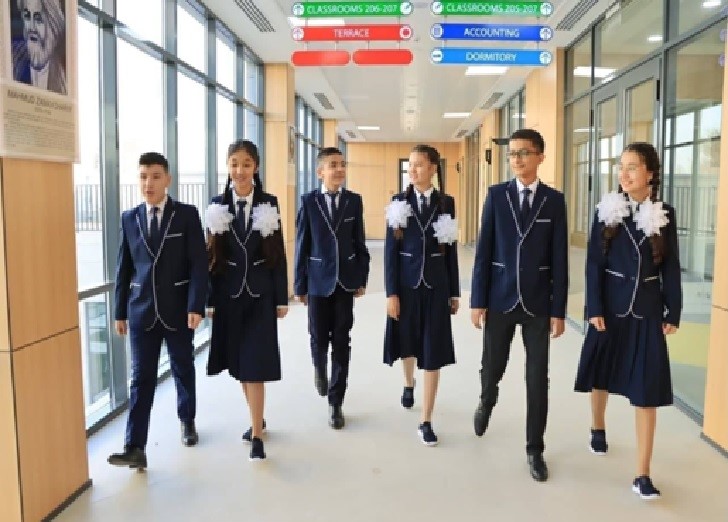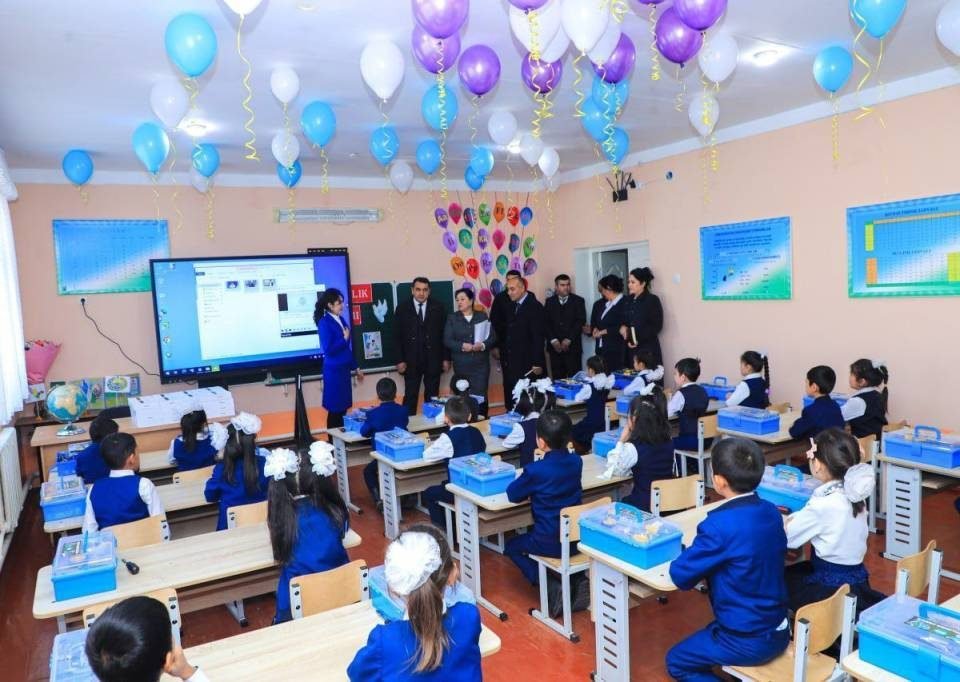Over 20 regulations have been passed since the creation of Tashkent Law University in 2013, which has allowed for the emergence of a new model of this higher educational institution.
All this time, active efforts have been under way to introduce modern educational standards, set up methodological and research activities, coordinate spiritual and educational work and enhance the material and technical resources of the university.
As a result, freshman students presently receive training according to one curriculum but in their second year they are offered one of the five directions in which they would train to become a professional in one of the areas.
Course in English have been set up for special disciplines in five areas: state-law, criminal law, civil law, business law and international law activities. This helps students to develop skills in professional communication in English.
A lot of attention is paid to the introduction of modern knowledge control systems. In April this year, a Regulation on the procedure for monitoring and criteria for assessment of student learning in a modular system was adopted.
On the basis of this document, a mechanism of objective assessment of student knowledge aimed at the development of independent learning skills and formation of writing skills was developed.
To ensure objectivity, rating books were canceled and an electronic system for student rating has been introduced. The innovation helps ensure coding through assigning ID codes for test papers by all parameters. It was noted that under the Complex Program for the Creation of New-Generation Textbooks and Tutorials for Law Disciplines, 65 out of 75 textbooks are currently published.
The number of practical classes has been increased, and the teaching process involves practitioners and exit training sessions. The duration of the qualifying practice of bachelors and masters in government and administration, courts, law enforcement agencies, in the industrial, economic, commercial enterprises, banking and financial institutions and other institutions has been prolonged from 14 to 19 weeks.


























